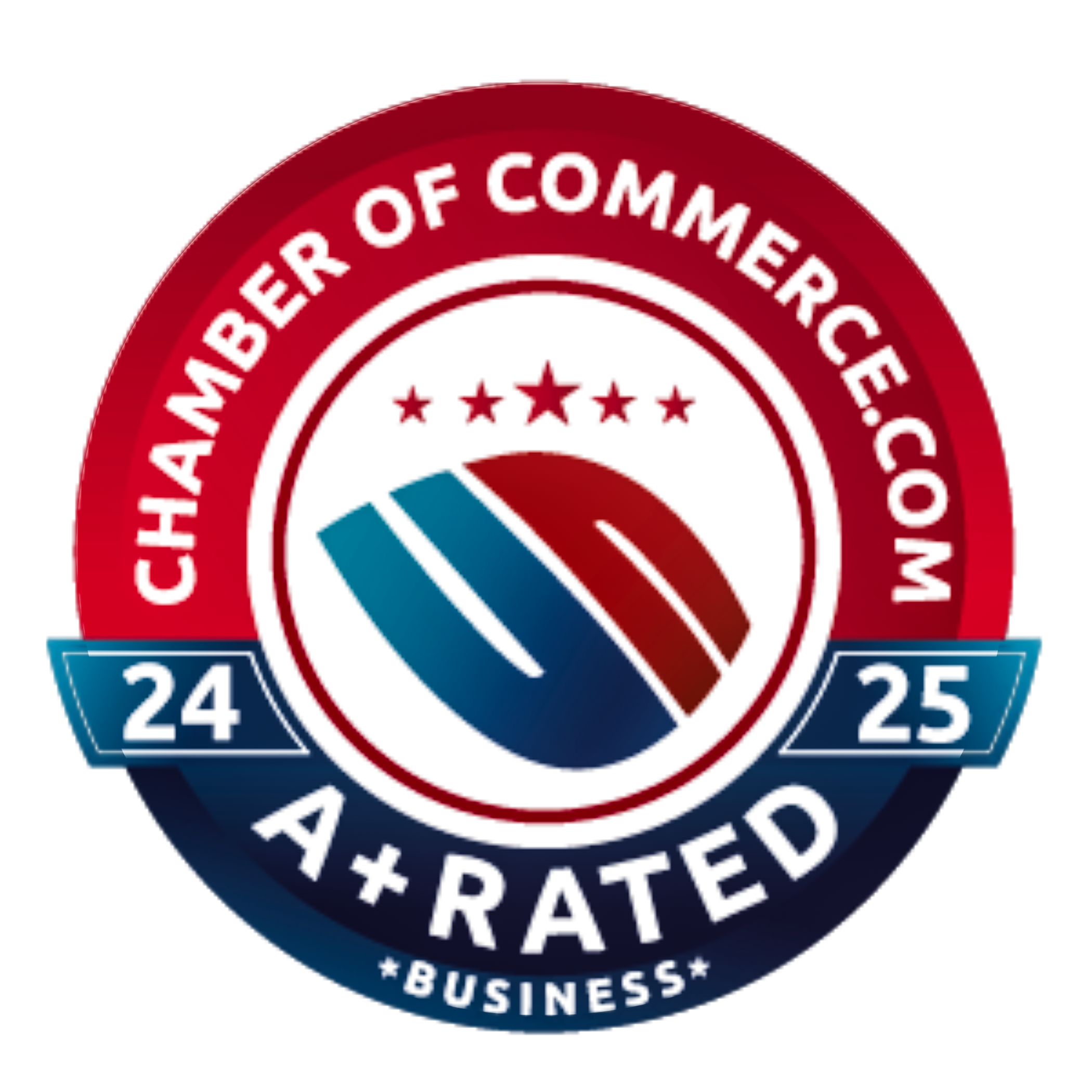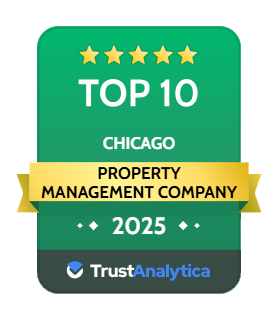Why is Using a Property Management Software Important?
In today's fast-paced digital age, the property management industry has seen a significant transformation, particularly in how property owners manage their rental portfolios. Gone are the days when landlords relied solely on paper ledgers, manual record-keeping, and face-to-face interactions to manage their properties. With the advent of property management software, the entire landscape of property management has been revolutionized. Here's why using such software is crucial for anyone with a rental portfolio:
- Efficiency and Automation: One of the primary benefits of property management software is the automation of tasks that were previously time-consuming. Whether it's tracking rent payments, sending out reminders, or managing maintenance requests, these tasks can now be handled automatically. This not only saves time but also reduces the chances of human error.
- Centralized Information: With multiple properties in a portfolio, keeping track of documents, tenant details, lease agreements, and maintenance records can be daunting. Property management software provides a centralized platform where all this information can be stored and accessed easily. This ensures that landlords have all the data they need at their fingertips.
- Financial Management: Managing the financial aspects of multiple properties can be complex. Property management software typically comes with built-in accounting tools that allow landlords to track income, expenses, and generate financial reports. This not only helps in ensuring timely rent collection but also provides valuable insights into the profitability of the portfolio.
- Enhanced Tenant Communication: Communication is key in the landlord-tenant relationship. Property management software often includes communication tools that allow landlords to send notifications, updates, or even newsletters to their tenants. This fosters a sense of community and ensures that tenants are always in the loop.
- Online Rent Collection: In an increasingly cashless society, the ability to pay rent online is a feature that many tenants appreciate. Property management software often offers online payment gateways, making it convenient for tenants to pay their rent on time and reducing the hassle for landlords.
- Maintenance and Repairs: Keeping properties in top condition is essential for retaining tenants and maintaining property value. Property management software allows tenants to submit maintenance requests online. Landlords can then track these requests, assign them to service providers, and ensure timely resolution.
- Scalability: As your rental portfolio grows, the challenges of managing multiple properties also increase. Property management software is scalable, meaning it can handle the needs of both small landlords with a few properties and large property managers with hundreds of units.
- Legal Compliance: Staying compliant with local and federal housing laws is crucial. Many property management software solutions offer features that help landlords adhere to these regulations, whether it's through proper documentation, lease agreement templates, or updates on changing laws.
- Marketing and Vacancy Management: Filling vacancies quickly is essential for maximizing rental income. Property management software often includes tools for listing properties on multiple online platforms, screening potential tenants, and managing the entire leasing process.
- Data Security: With the increasing threat of cyberattacks, the security of tenants' personal information is paramount. Reputable property management software solutions prioritize data security, ensuring that sensitive information is protected.
Property management software is not just a luxury but a necessity for modern landlords and real estate professionals. It streamlines operations, enhances communication, and ensures that properties are managed efficiently and profitably. As the real estate industry continues to evolve, embracing technology and tools like property management software will be key to staying competitive and successful.
Paid VS Free Property Management Software Platforms
The decision to opt for a paid vs free rental property management software hinges on various factors, including the size of your real estate portfolio, the features you require, the property management services you offer, and your budget constraints. Both options come with their own set of advantages and drawbacks. For example, if you are looking to do things such as tenant screening, collecting online rent payments, tracking maintenance requests, and having owner and tenant portals all in one platform, you may want to opt for a paid real estate management software. I've found that most of the free rental management software specialize in one or two tasks but do not offer a full suite of services. If you're only looking for one individual task (ie. lease management, track maintenance requests, etc), and have a smaller real estate portfolio, a free rental property management software may be a good solution for you. Again, this will largely come down to the property management solution you provide to your real estate investors. However, as your real estate portfolio grows and demands more sophisticated management, investing in a paid rental property management software can offer long-term benefits, both in terms of efficiency and scalability. Always consider the long-term implications, and remember that sometimes, investing in the right tools can lead to greater savings and profitability in the long run.
Comparing the Top 3 Industry Leading Property Management Software Platforms
The property management industry has seen a significant shift towards digital solutions, with property management software platforms playing a pivotal role in streamlining operations, enhancing tenant communication, and optimizing financial management. Among the myriad of options available, three software solutions stand out: Appfolio, Buildium, and Propertyware. In this article, we'll delve deep into the pros and cons of each property management software, helping you make an informed decision on what the best property management software is to meet your needs.
1. Appfolio: Best Property Management Software Overall
Pros:
- Comprehensive Features: Appfolio is packed with features, from online applications and screenings to a built-in resident portal, making property management a breeze.
- Scalability: Appfolio is designed to cater to both residential and commercial properties, making it scalable for landlords and property managers as their portfolio grows.
- Integrated Communication Tools: With built-in text messaging and email capabilities, Appfolio ensures seamless communication between property managers and tenants.
- Performance Analytics: Appfolio provides detailed analytics, helping property management companies understand performance metrics and make data-driven decisions.
Cons:
- Pricing: Appfolio's pricing is based on a per-unit model, which might be cost-prohibitive for managers with a large number of units. At the time this article was written, Appfolio's minimum monthly fee for their basic rental property management software is $280/month.
- Learning Curve: Given its comprehensive features, there's a steeper learning curve, especially for those new to property management software.
2. Buildium: Most User Friendly Property Management Software
Pros:
- User-Friendly Interface: Buildium is known for its intuitive design, making it easy for users of all tech levels to navigate and utilize its features.
- Tenant and Lease Tracking: Buildium provides a centralized system to track all tenant information, lease agreements, and even maintenance requests, ensuring nothing slips through the cracks.
- Affordable Pricing: With tiered pricing options, Buildium caters to a range of budgets, making it accessible for both new and established property managers. At the time this article was written, Buildium's minimum monthly fee for their basic rental property management software is $52/month (making it the most affordable rental property management software of the software we analyzed). They are also currently offering a 14 day free trial to test it out.
Cons:
- Limited Customization: While Buildium offers a range of features, there's limited scope for customization, which might be a drawback for larger firms with specific needs.
- Customer Support: Some users have pointed out delays in customer support response times, especially during peak hours.
3. Propertyware: Best Property Management Software For Advanced Reporting
Pros:
- Customizable: Propertyware stands out for its high degree of customization, allowing property managers to tailor the software to their specific needs.
- Integrated Maintenance Portal: With a dedicated portal for maintenance requests, Propertyware ensures timely addressing of tenant issues, enhancing satisfaction.
- Robust Financial Tools: From online payments to detailed financial reporting, Propertyware offers comprehensive financial management tools that cater to both small and large property managers.
- Diverse Portfolio Management: Propertyware is designed to manage a diverse range of properties, from single-family homes to large apartment complexes.
Cons:
- Interface: Some users find Propertyware's interface less intuitive compared to its counterparts, leading to a longer adjustment period.
- Additional Costs: While Propertyware offers a range of features, some advanced features come at an additional cost, which can add up.
New Kid on the Block: Rentvine
While this is the only property management software in this article that I haven't personally used, I've heard so much buzz about it over the past year, I felt inclined to include it. From the feedback I've gathered, Rentvine offers award winning customer support, robust marketing tools, automated rent reminders, online rental applications, integrated accounting, and an industry leading rental listings solution. While I haven't used their real estate management software, we are customers of their parent company PMW. I can personally vouch for their responsive customer service - off ALL the companies and vendors I've worked with over the years, their customer service is some of the best around. Of the very little criticism I've heard about Rentvine, the biggest has been around rent payments. While they do allow you to collect rent via online rent payments, they do not allow cash payments like other property management software does.
My Take on the Best Real Estate Management Software
First off, if you are managing rental properties of any kind, I highly recommend you use property management software. A cloud based property management solution (almost all of them out there these days) will allow you and your team (even if you don't have a team now - think big!) to access everything from anywhere in the world. As long as you have an internet connection, you can manage properties and keep your property owners happy. Implementation will allow you to streamline and automate so you can focus on bigger picture items such as business operations and strategic planning.
Over the past 12+ years that I've been in real estate management, I've used all three of the biggest players in the property management software space. My personal favorite of these is Appfolio since it's well rounded and offer almost all of the features we are looking for. The biggest hang-up has always been their closed API but that has recently changed. Since selling to RealPage, Appfolio has opened up their API and started integrating with many different third part software platforms. While it's early still in the early stages, it seems to be a huge improvement over the old days for Appfolio.
All that being said, it really comes down to what you are trying to accomplish. There are a ton of things that will factor into this decision. For example, do you only manage residential properties or do you also manage commercial properties? Are you looking to screen tenants, manage maintenance requests, collect rent online, market properties, manage community associations, manage student housing, etc? These are all factors that need to be discovered and discussed so that you can identify the key features you're looking for in the software solution you decide to go with. While all real estate firms will offer different services and require different features, my "must haves" include: tenant screening, online rent payments, ability to track maintenance requests, and financial reporting.
Being the detailed oriented person I am, I would make a spreadsheet with all the features I'm looking for down column one and choose 3-5 of the best property management software solutions to compare in the columns to the right. The software that checks the most boxes is most likely the best fit for you. My last piece of software advice would be not to rush into anything. It is extremely time consuming and difficult to switch once you've committed so take your time and make sure you do adequate due diligence.
Conclusion:
If you manage real estate of any kind, choosing the right property management software is crucial for efficient operations, tenant satisfaction, and financial optimization. While Appfolio, Buildium, and Propertyware are all top contenders, the best choice depends on your specific needs, budget, and portfolio size. It's essential to consider the long-term scalability, customization options, and support provided by each platform. By weighing the pros and cons, property managers can find a solution that aligns perfectly with their operational requirements and growth aspirations.


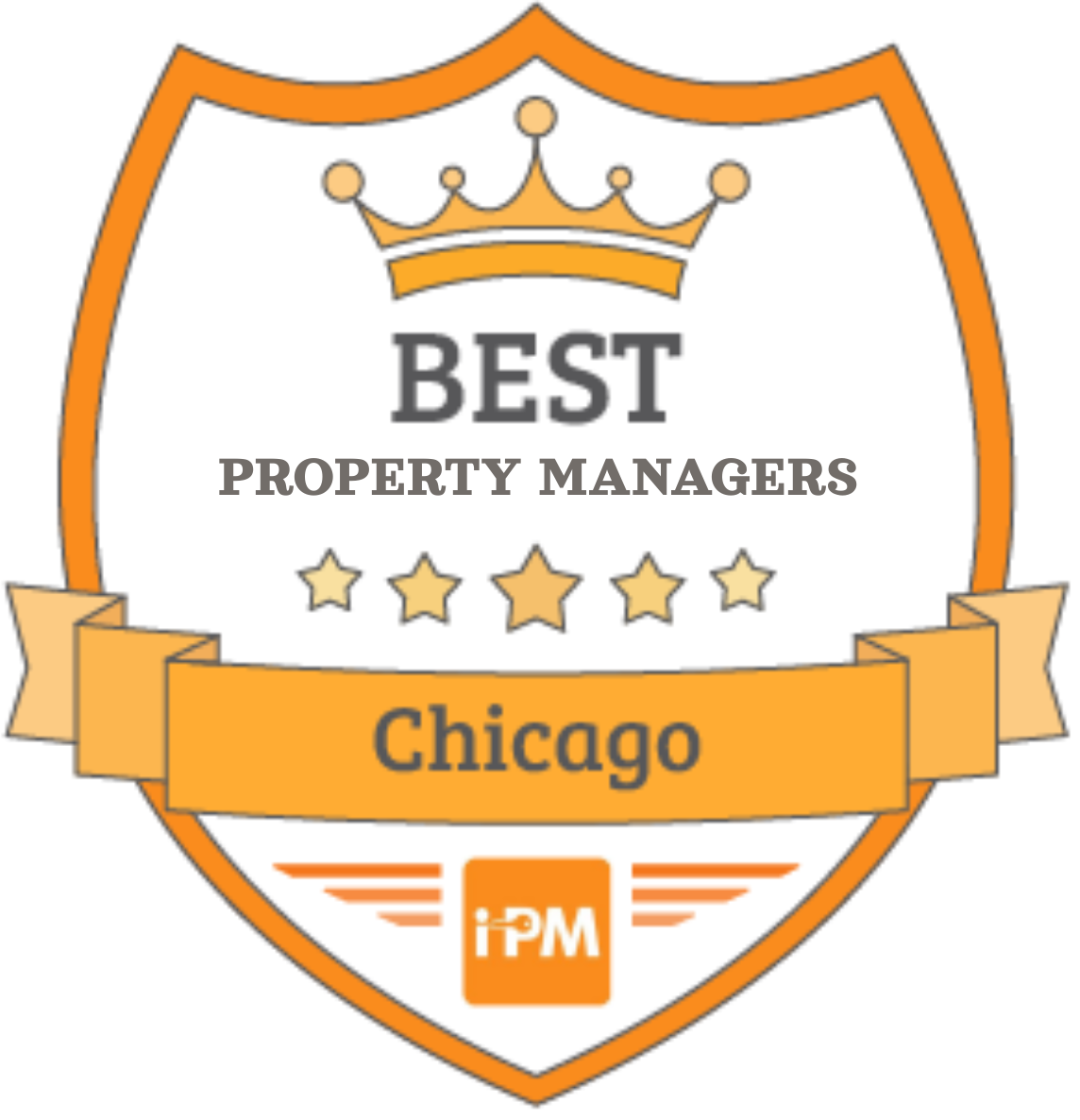
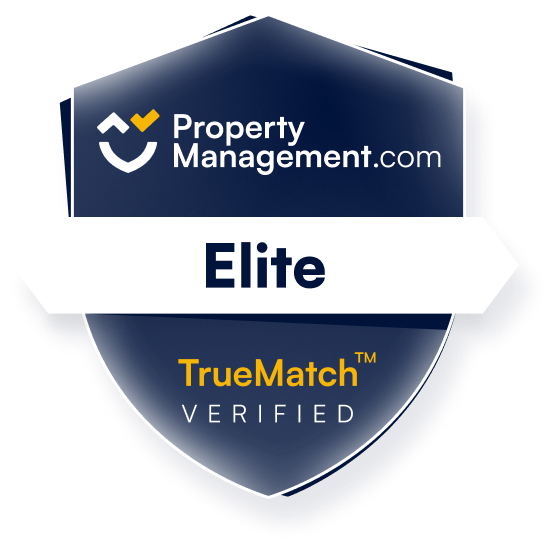
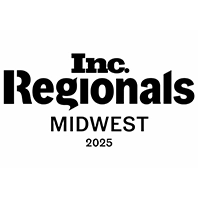
.png)

